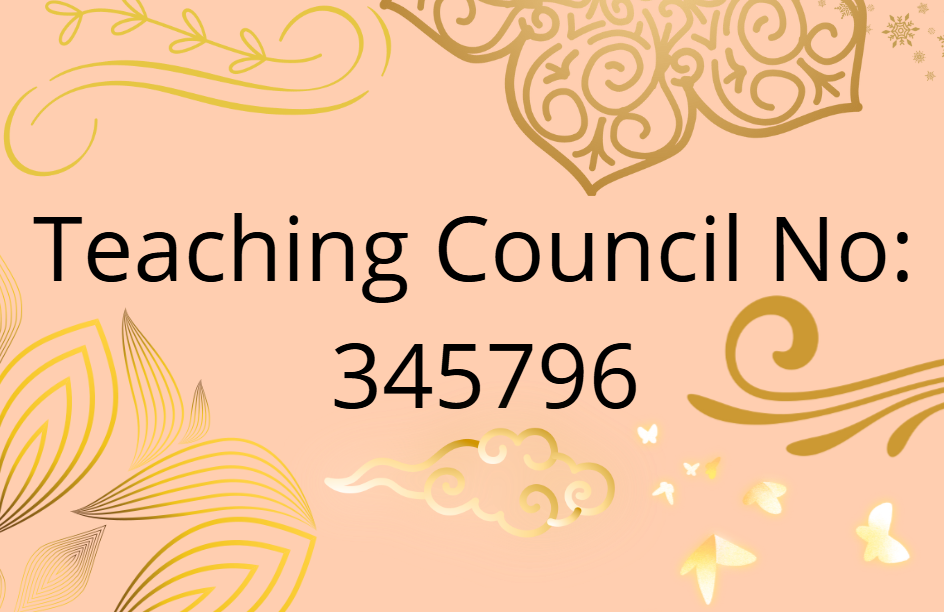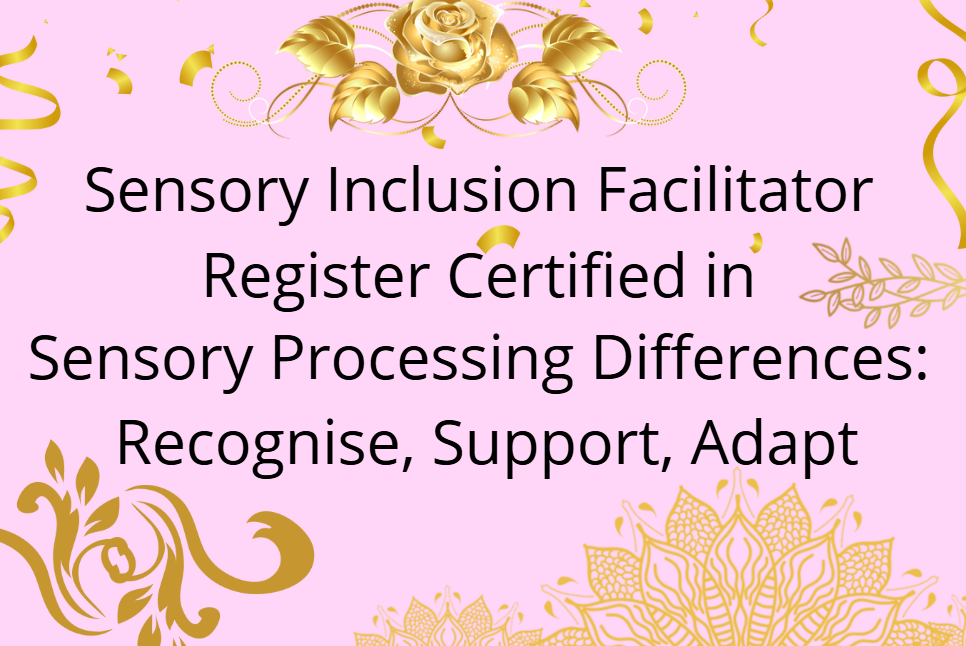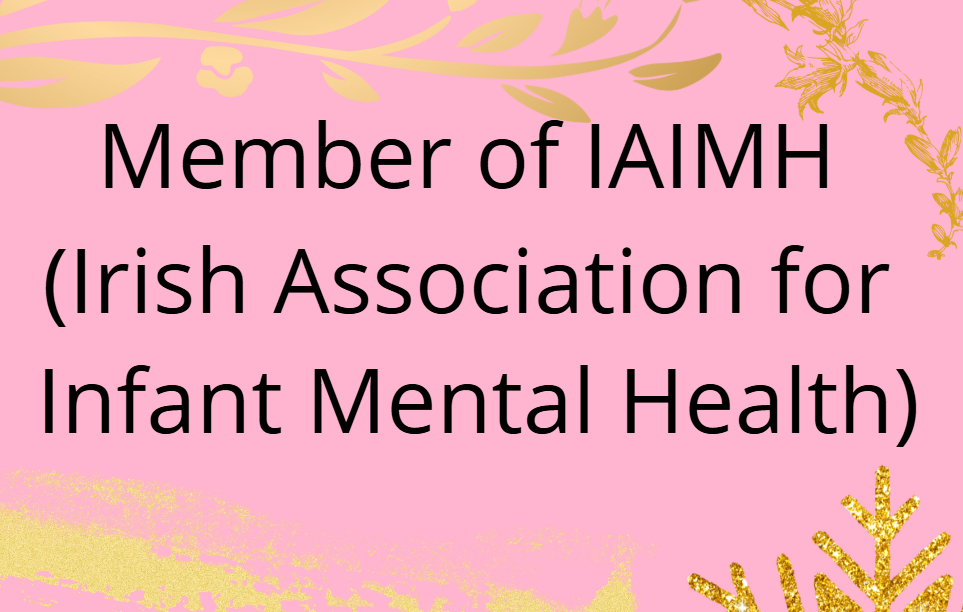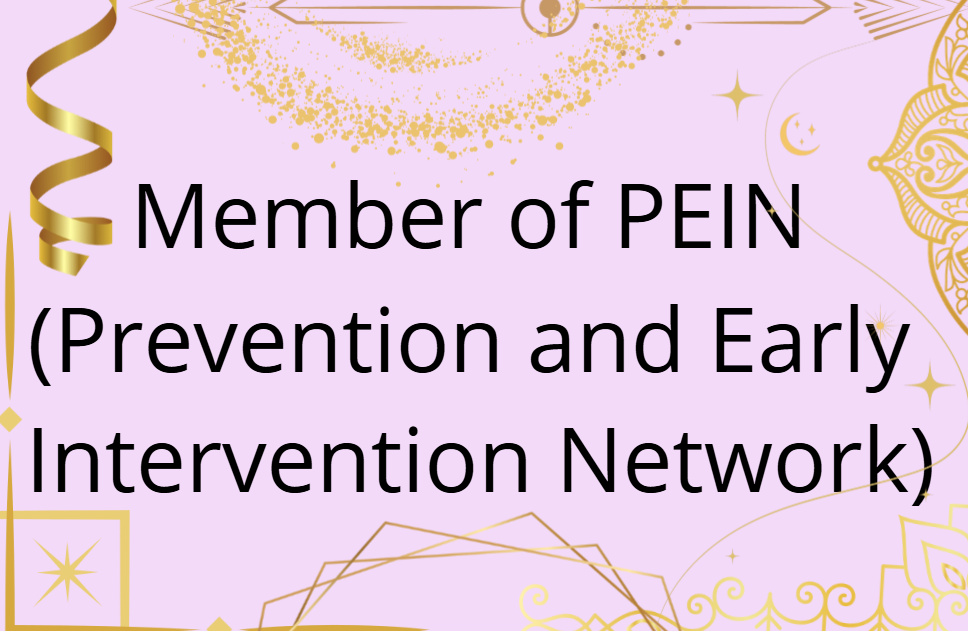What Every Parent Should Know About Stress and Anxiety in Children
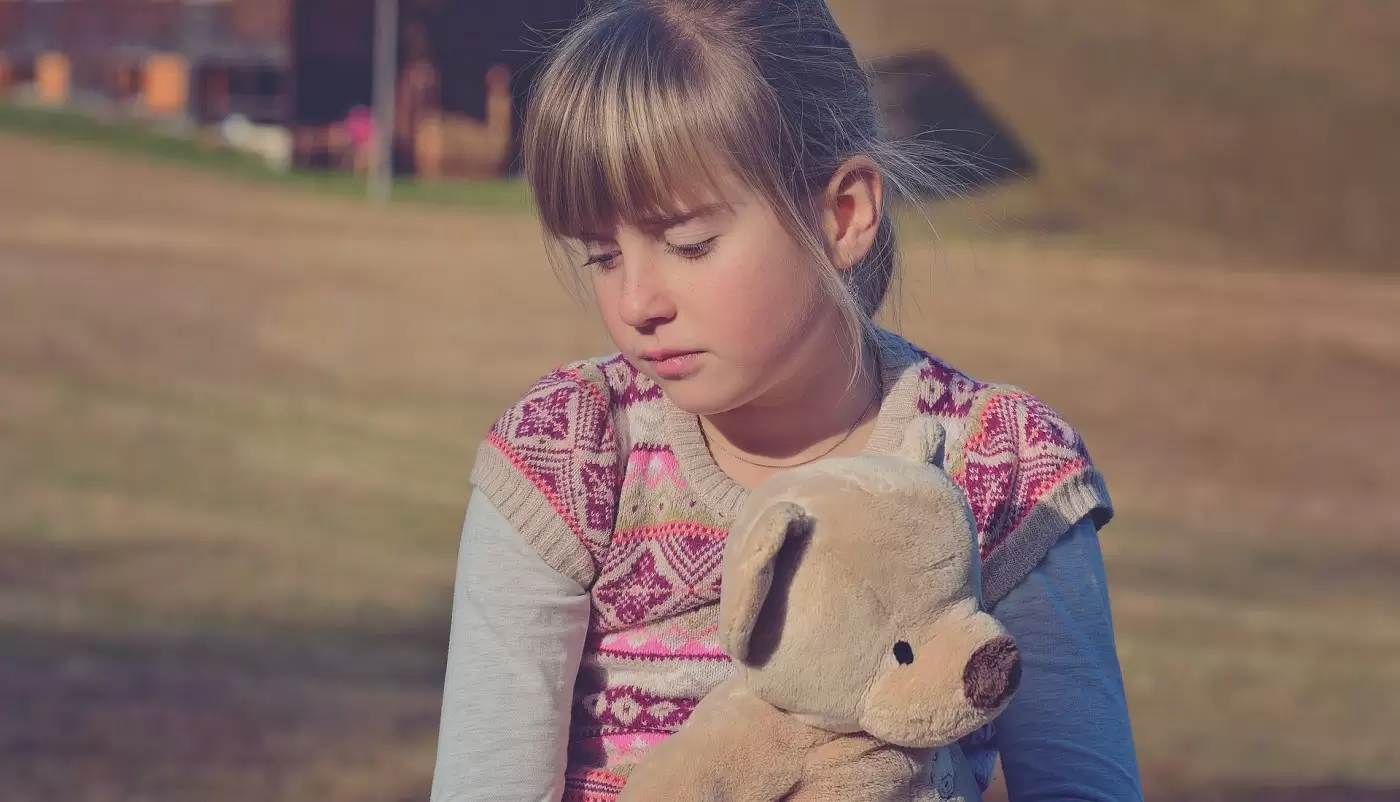
Author: Kristina Rautek Potocnik, BA (Hons) Ed. Rehab., HDip Early Childhood Studies, MA Early Intervention & Inclusion, Cert. Play Therapy | SI | ASD | Reflexes, ongoing MSc SLT
Last weekend I was sitting at the kitchen table while my son was colouring. He looked serious and a little worried. He asked me again if the colour red was okay for his picture. I knew then that something small for me felt big for him. It reminded me that children feel stress too, just like adults do, but they don’t always show it with words. Sometimes they don’t understand what they feel, and sometimes they do, but don’t want to talk about it. As parents, we need to notice the little signs they give us and help them feel safe and understood.
Many children are not able to say I’m feeling anxious or I’m stressed. Instead, they show it in different ways. A young child might say their tummy hurts or refuse to go to school. An older child might act angry, tired, or stay quiet. They may stop doing things they used to enjoy. These small changes can tell us a lot, if we are ready to listen with care.
For example, a girl named Maya used to fall asleep quickly every night. But now she stays awake for a long time, asking for another glass of water or one more story. A boy named Leo used to run outside to play after school, but now he stays inside and chews on his sleeves. He says he is just tired, but his behaviour shows something deeper. These are ways stress and anxiety show themselves in children’s lives.
There are many reasons why children feel stressed. Sometimes it is because something big happened at home, like a move to a new place, parents getting divorced, or the death of a grandparent. These changes can make a child feel confused, scared, or even jealous if a new baby has arrived. At other times, the stress comes from too many activities. Some children go from school to football to music lessons and don’t have time to rest or play freely. This can make them feel tired in their body and mind.
Some children feel pressure from themselves. They want to do well in school or be liked by others. They are afraid to make mistakes or think they are not good enough. This silent pressure can grow inside them. Stress also comes from problems at school, like teasing or bullying, or just trying to fit in with others. Even if a child is not being bullied, they may worry every day about what others think of them.
Children are also affected by the world around them. Scary news on TV or loud video games with fighting can make them feel afraid. They may start to think something bad will happen to them or their family. Some children are also sensitive to scary books or films. One child may enjoy ghost stories, but another may have bad dreams for days. Every child is different, and every reaction matters.
As parents, we have the power to help. We can start by simply watching our child. If they seem worried or different, we can gently say what we see. Saying something like “You look a bit sad today” or “You seem quiet” can open a door. Instead of asking hard questions, we can ask simple ones like “What was hard about your day?” or “What made you smile?” These small talks can lead to big trust.
Children feel safer when their days have routine. Regular mealtimes, playtimes, and bedtime create a feeling of calm. It helps them know what to expect. We can also protect them by limiting scary content on screens and choosing books and shows that are good for their age. At home, we can help them learn how to calm down. We can teach them to take deep breaths, stretch their bodies, or listen to soft music. Drawing or colouring quietly can also help their minds feel calm.
Children also need to know that they can ask for help. They don’t have to be perfect. They don’t have to carry their feelings alone. When we show love, when we give time, when we sit beside them during a hard moment, we are teaching them that all feelings are okay and that support is always near.
There are many little things that help children handle stress better. Drinking water and eating healthy food keeps their energy balanced. Spending time outside helps their bodies and moods. Talking about their day, both the good and the hard parts, helps them feel heard. Turning off screens before bedtime lets their brain rest. Reading a soft story and having the same bedtime each night brings peace. Taking deep breaths together or drawing feelings in a small notebook can be a quiet way to let go of big emotions. When tasks feel too big, we can help them break them into smaller steps. Most of all, we can remind them that making mistakes is part of learning, and that trying is more important than being perfect.
In the end, our role is not to remove all stress from their path. It is to walk beside them and let them know that they are not alone. Childhood is full of changes and emotions, and some of those emotions feel very big. But with love, safety, and a listening ear, we can teach them how to move through hard moments and find calm again.
If your child is showing signs of stress, it does not mean something is wrong with them. It means they are human, and that they need your presence more than your solutions. Be their safe space. Be the quiet place they can return to, again and again. That is more powerful than any advice we could ever give.
Latest Posts
- How children make sense of the world through their senses
- How your baby learns about the world through their senses
- Helping your child grow stronger through movement and play
- Understanding How Early Intervention Helps Children Learn, Move, and Connect
- How to Recognise Tactile Defensiveness and Help Your Child Feel Safe
- Understanding Feeding Challenges and How to Support Your Child at Home
- Let’s Talk Sitting: Exploring Floor Seating Options
- Retained Primitive Reflexes: The Hidden Cause Behind Developmental Struggles
- Where Curiosity Blossoms: How Children's Play Nurtures Growth for All
- Helping Your Child Through Stress: A Gentle Guide for Parents
- Sweet Little Lies – How to Recognise and Respond with Care
- Chores Are More Than Just Tasks – They’re a Tool for Growing Independence, Focus, and Confidence
- How to Help Children Develop Emotional Intelligence
- Blending Technology and Care: How VR Meta Quest Supports Children at NeuroNest
- A simple guide for parents who want to raise confident, happy children
- Setting Boundaries with Love: A Simple 3-Step Guide for Parents
- Understanding Behavior Through the Nervous System
- A Compassionate Lens on Dysregulation in Non-Speaking Autistic Individuals
- Supporting Development Through Movement: The Role of the Swing in Early Intervention
- Blending Tradition and Innovation: How NeuroNest Supports Your Child’s Unique Journey
- When Movement Meets Innovation: Supporting Child Development with GoBalance
- Why Visual Perception Matters for Everyday Life and Development
- Benefits of Chess in Early Intervention
- Building Healthy Nutrition from the Start
- A Journey Back to Your True Self
- Supporting Your Child’s Hand Skills for Confident Writing
- Blending the Best of Both Worlds
- Helping Toddlers Eat Well: A Parent’s Guide
- Why Tummy Time Matters for Your Baby's Development
- Helping Your Child Build Everyday Independence
- Who Are the Disconnected Kids?
- From First Tries to Automatic Habits: Understanding the Stages of Skill Learning
- Why a Child’s Level of Alertness Matters for Memory and Learning
- Early brain development starts before birth
- Why Slowing Down, Adapting Tasks, and Adding Breaks Helps Children Learn Better
- Why ADHD, Autism, Dyslexia and Other Challenges Need a New Approach
- The surprising power of copying in child development
- Books are more than just language tools—they’re powerful allies in sensory and motor development.
- Rethinking sensory support: moving beyond expensive rooms toward everyday understanding.
- Understanding how fear develops in a child’s brain
- Understanding how an early baby reflex can affect your child’s daily life
- A gentle start into baby development through movement and bonding
- A child-centred, research-informed approach that uses the power of play to support communication, emotional regulation, motor development, and meaningful growth from infancy to twelve years.
Our Partners




Our Memberships






